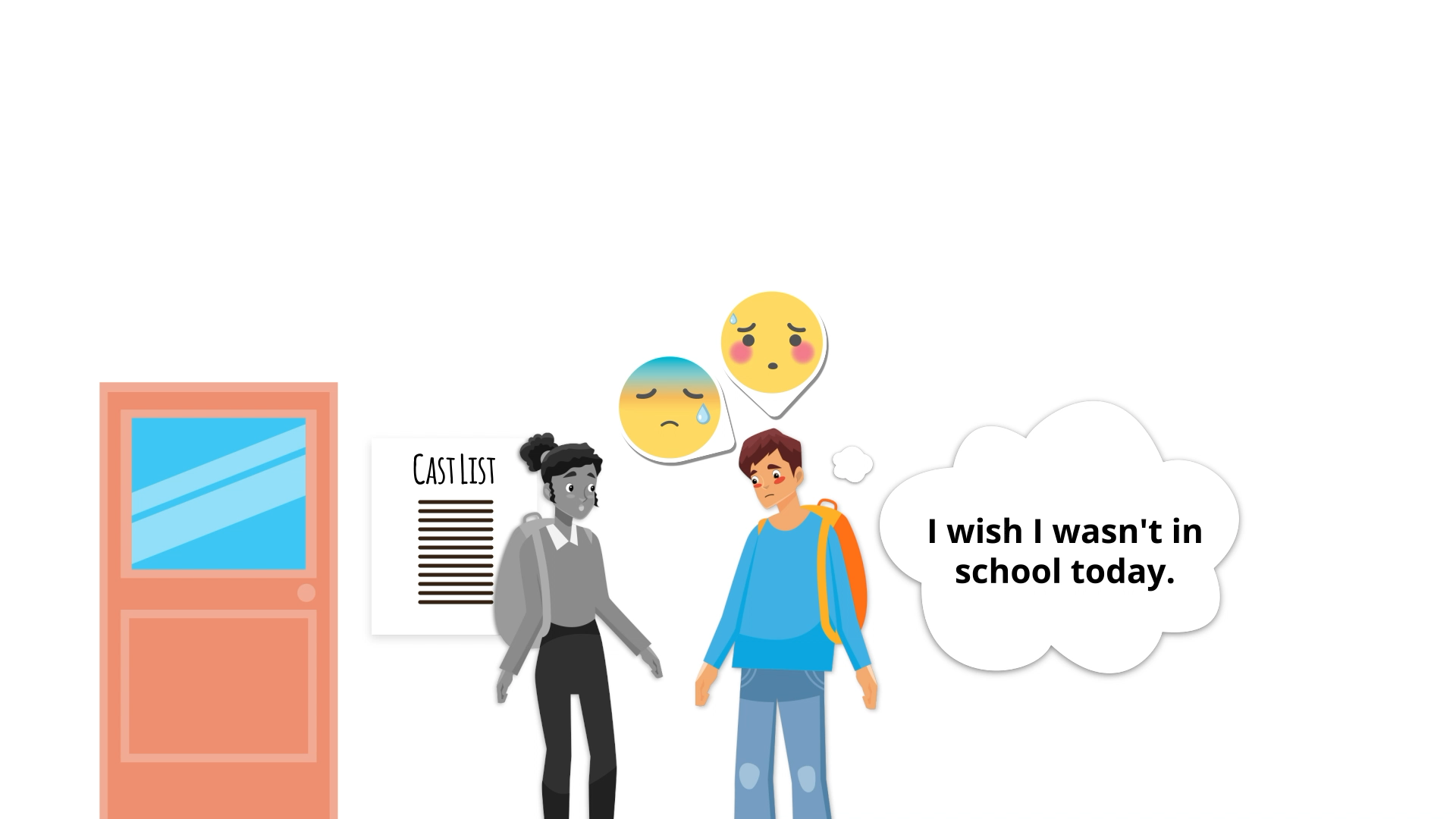
Introduction
Rejection is a universal experience that can occur in various aspects of our lives, such as relationships or life events. When faced with rejection, individuals often experience emotions like sadness, disappointment, embarrassment, or anger. Rejection can be categorized into three levels: small, medium, and big, each requiring different coping strategies. As educators, it is crucial to teach middle school students how to handle rejection, as it is an inevitable part of life and learning to cope with it will help them develop resilience and healthy emotional responses.
No-Prep Activity
A simple yet effective no-prep activity to help students learn how to handle rejection is called “The Rejection Role-Play.” This activity involves students pairing up and taking turns role-playing different rejection scenarios. The student experiencing rejection must practice appropriate reactions and coping strategies for each level of rejection (small, medium, or big) while their partner offers constructive feedback.
Here are the steps for conducting the “Rejection Role-Play” activity:
- Divide the class into pairs and ask each pair to come up with three rejection scenarios: one small, one medium, and one big.
- Explain the appropriate reactions and coping strategies for each level of rejection.
- Ask students to take turns role-playing their scenarios, with one student experiencing rejection while the other provides feedback.
- After each scenario, encourage the partners to discuss the student’s reaction and any improvements they could make.
- Rotate the pairs so students can practice with different partners and scenarios.
Discussion Questions
After completing the “Rejection Role-Play” activity, facilitate a class discussion using the following questions:
- How did it feel to experience rejection in the role-play, even though it was just pretend?
- What strategies did you find most helpful for coping with each level of rejection?
- Why is it important to react differently to small, medium, and big rejections?
- How can we support our friends or classmates when they experience rejection?
- How can handling rejection in a healthy way contribute to our overall well-being and resilience?
Related Skills
Along with learning how to handle rejection, there are several other skills that middle school students can benefit from developing. These include:
- Empathy: Understanding and sharing the feelings of others can help students provide support to their peers when they experience rejection.
- Assertiveness: Being able to express oneself respectfully and confidently can help students navigate social situations and communicate their needs effectively.
- Problem-solving: Developing the ability to identify and resolve issues constructively can help students overcome challenges and build resilience.
- Self-awareness: Understanding one’s emotions, strengths, and weaknesses can help students recognize their reactions to rejection and develop healthy coping strategies.
Next Steps
Now that you have learned about handling rejection and related skills, take the next step in supporting your middle school students by signing up for free samples of these skills and others. Access a variety of resources designed to enrich your students’ social-emotional learning journey and help them develop valuable life skills.

